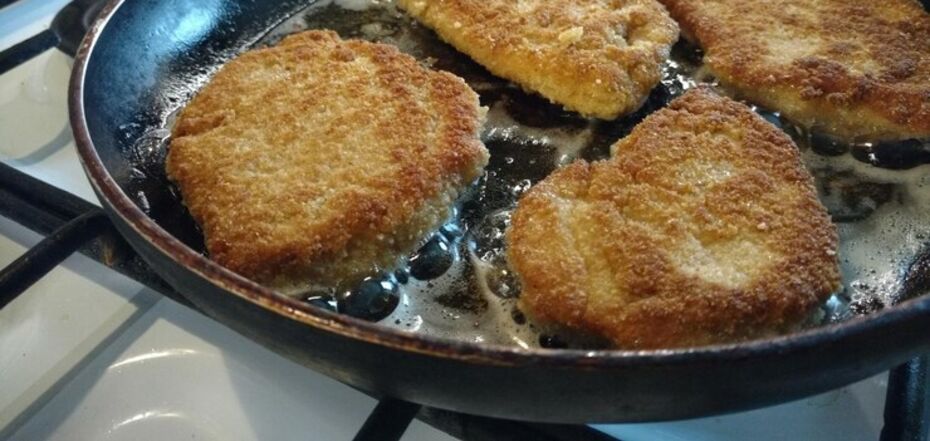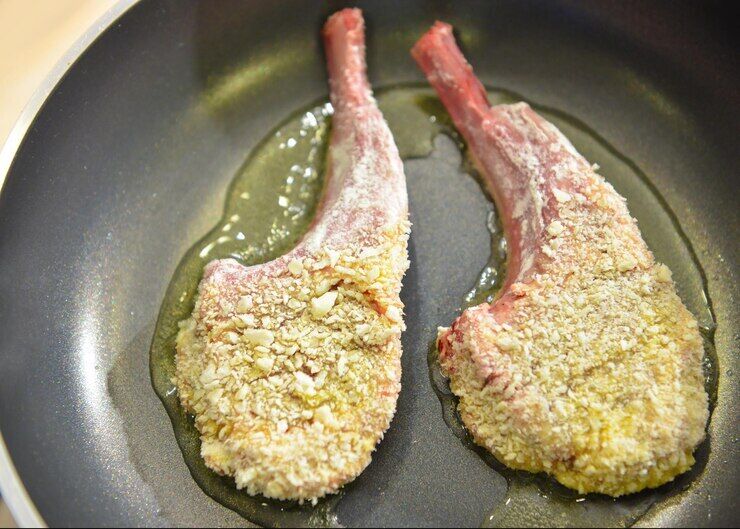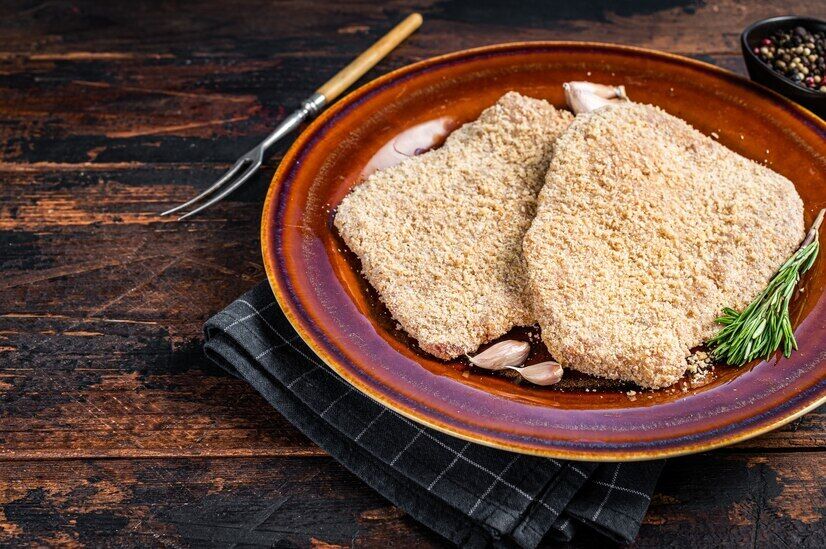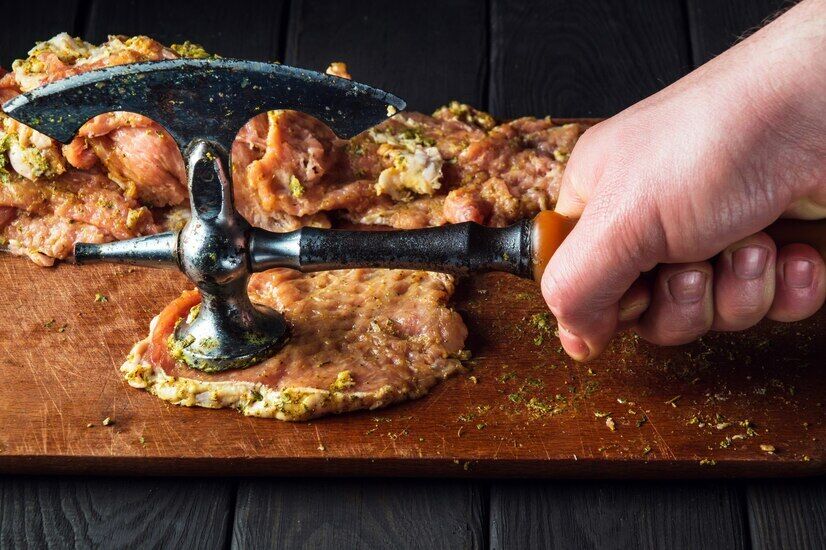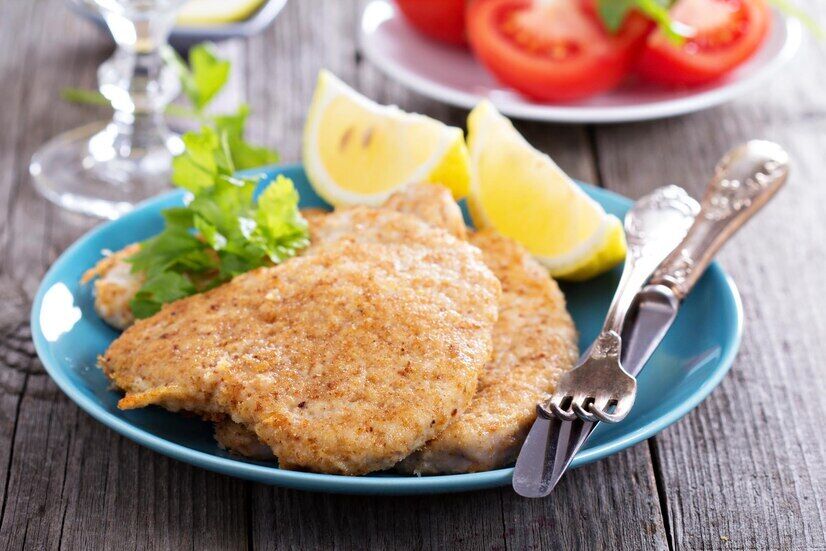News
Never cook chops like this: mistakes that make meat dry and tough
Chops are a popular meat dish that is often prepared for a festive table and for every day. But even if you have chosen a high-quality piece of pork, the products may not turn out well. All this is due to a number of mistakes that even experienced housewives make.
The FoodOboz editorial team will tell you what you need to pay the most attention to when cooking chops. There are several nuances that many people don't even realize.
Choosing boneless chops
People often prefer boneless pork chops, considering them more convenient. However, pork chops with bone have their advantages. The bone slows down the cooking process, which helps to avoid overcooking. It also gives the meat a richer flavor. Therefore, it is better to choose pieces with a bone and a small amount of fat.
Insufficient use of seasonings
Pork chops can be quite lean, especially if they are low in fat. Therefore, it is important to add enough salt and spices to emphasize their flavor. Salt makes the texture of the meat more juicy. Try soaking the chops in a dry brine with salt and spices for 30 minutes before frying, or even refrigerate them for a few hours. This will ensure softness and create an appetizing crust during cooking.
Don't cook meat straight from the refrigerator
It's not a good idea to take meat straight out of the fridge and put it on a hot griddle. A cold chop may cook unevenly: the outer layer will be overcooked and the inner layer will remain raw. It is better to let the meat stand at room temperature for 15 minutes before frying. This will help create an even crust and keep the meat juicy inside.
Too high a temperature during the entire cooking process
The pan should be very hot at the beginning to create a crispy crust. But after that, you should lower the temperature to medium. If you leave the heat too high, the outer layer of the chop will quickly burn, and the middle may remain undercooked. A gradual decrease in temperature will allow the meat to warm up evenly to the desired condition.
Do not cut off all the fat
A thin layer of fat on the edge of the chop adds juiciness and flavor to the meat, especially if it is slightly browned. Do not trim the fat - instead, use tongs and brown the chop on the side to make the fat crispy.
Do not ignore the use of a thermometer
A meat thermometer is a simple but important tool in the kitchen. It helps you avoid undercooked or overcooked meat. Pork should be cooked to 135° and then allowed to "come through" to 145°F to ensure it remains juicy and safe to eat.
Don't eat pork chops right away
After the chop is cooked, let it rest on a board for 10 minutes. This will help the meat retain its juices. If you start slicing right away, the juice will run out and the meat will be dry. While the pork is resting, you can prepare a side dish or set the table - and in a few minutes you will have a perfect, juicy chop.


